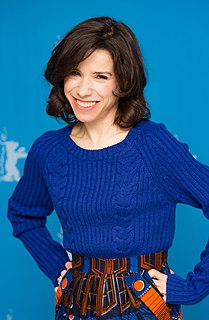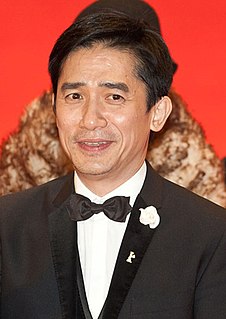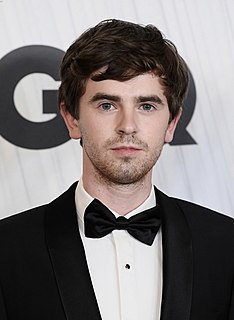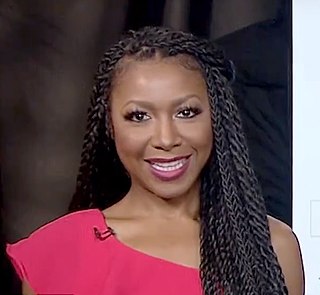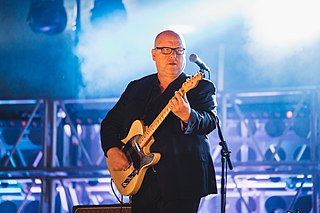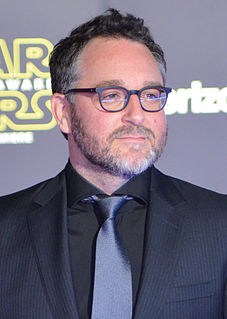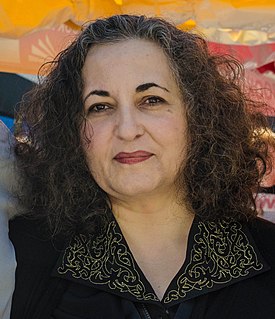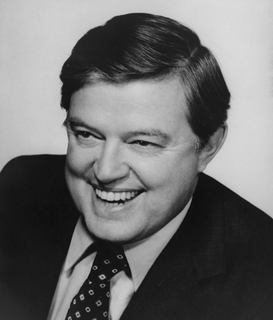A Quote by Andrea Riseborough
Often, I'll read a script and the female character's an extension or serves some sort of purpose in terms of the male character's narrative and it just isn't fully formed. But they will be very beautiful. Whether a secretary or a doctor or a vet, they will be very beautiful.
Related Quotes
For me, the best characters are the ones that feel fully formed inside and out, so I try to have a very clear vision of exactly what they would wear, top to bottom, who they are, what their backstory is, what their family situation is, who are their friends, just creating as much of a three-dimensional character [as possible]. Because I think you could do a very broad character, but as long as there's some emotional truth to them you can get away with really crazy things.
When I'm looking for a strong female character, or a strong character at all, I'm looking for a character that has a purpose in that story, that has an interior life of some sort. They don't have to be physically strong; they don't have to be morally strong or ethically strong, because men and women come in a huge variety of all of those things. Emotionally, ethically - I'm less concerned with that. I just don't want them to be props. That's the only thing that offends me.
It's a fact, the majority of films in Hollywood are from the male perspective. And the female characters, very rarely do they get to speak to another female character in a movie, and when they do it's usually about a guy, not anything else. So they're very male-centric, Hollywood films, in general. So I think it's incredible that Ned Benson, when I said I'd love to know where she goes, says okay, I'm going to write another film from the female perspective.
My mother was very, very beautiful, and I saw that the beautiful women around me were often constrained not only by their beauty but by the way that being an object of male desire frequently caused violence in their lives. And it caused them to be constrained in these terribly sad ways - their brilliance was not valued.
I tend to like strong female characters. It just interests me dramatically. A strong male character isn't interesting because it has been done and it's so cliched. A weak male character is interesting: somebody else hasn't done it a hundred times. A strong female character is still interesting to me because it hasn't been done all that much, finding the balance of femininity and strength. [From a 1986 Fangoria interview]
The affluent society has built well in terms of economic progress, but has neglected the protection of the very water we drink as well as the values of fish and wildlife, scenic, and outdoor recreation resources. Although often measureless in commercial terms, these values must be preserved by a program that will guarantee America some semblance of her great heritage of beautiful rivers.
Diet, injections, and injunctions will combine, from a very early age, to produce the sort of character and the sort of beliefs that the authorities consider desirable, and any serious criticism of the powers that be will become psychologically impossible. Even if all are miserable, all will believe themselves happy, because the government will tell them that they are so.


